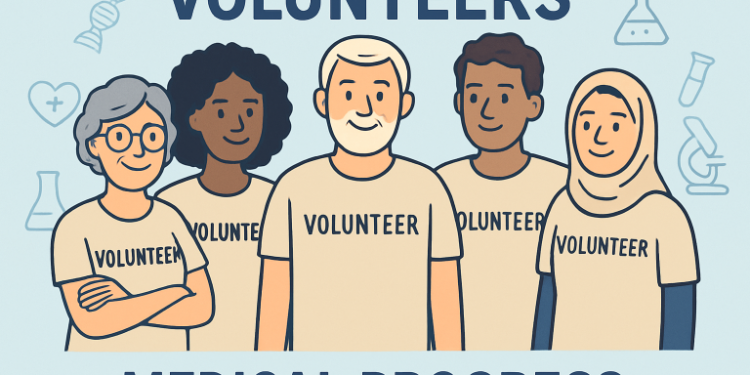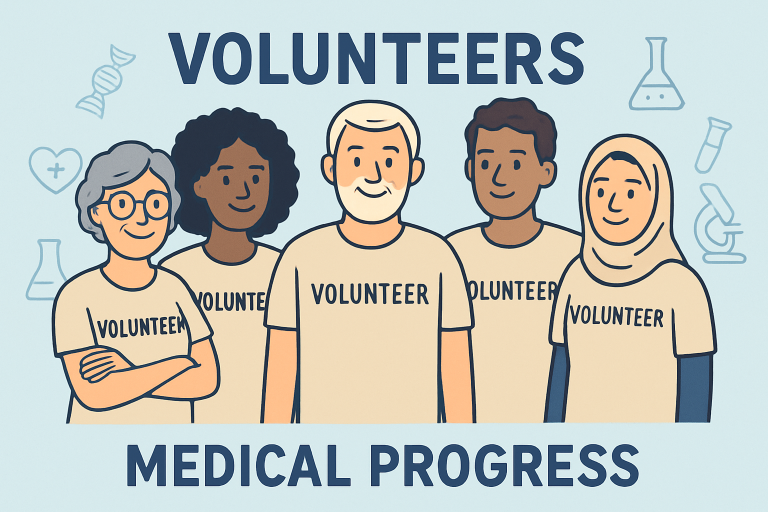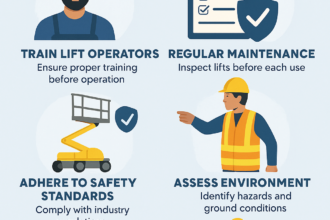Clinical Trials and How Everyday People Make a Difference

Clinical trials are at the heart of medical innovation, offering hope for new treatments and cures. While researchers design and oversee these studies, the everyday volunteers enable vital breakthroughs. By stepping forward, participants make medical progress possible and help answer essential questions about drug efficacy and safety. The process involves rigorous safety monitoring in clinical trials, ensuring that current and future patients benefit from discoveries.
Volunteering for a clinical trial doesn’t just affect individuals; it can lead to medical advancements that impact countless lives. Even small participant contributions become a building block for safer, more effective therapies. As clinical trials evolve, everyday people remain at the forefront of progress, shaping tomorrow’s healthcare landscape.
Table of Contents
The Importance of Clinical Trials
At their core, clinical trials are research studies designed to determine whether new medical interventions—ranging from medications and surgeries to behavioral therapies—are safe and effective. These studies play a foundational role in modern medicine. Every significant advancement in healthcare—such as vaccines, cancer therapies, and chronic disease management—was made possible through the methodical evaluation provided by clinical trials. Before potential treatments are prescribed to the general public, they undergo several rigorous stages, ensuring quality, effectiveness, and safety.
Clinical trials shape treatment protocols and deepen scientific understanding of diseases and how they affect people differently. Without the involvement of real-world volunteers, the insights needed to bring medical breakthroughs to the market would be impossible to obtain.

The Role of Participants
Volunteers are the backbone of every clinical trial. They allow researchers to compare new and existing treatments in a practical, real-world context. By consenting to participate, these individuals are monitored intensely for their response to the treatment and to help identify unforeseen side effects. This ongoing observation leads to increased knowledge, helping to refine interventions and reduce risks for everyone.
Participants can come from all walks of life. Some may join after exhausting approved treatments, seeking innovative care. Others may be healthy volunteers interested in contributing to scientific knowledge and public health. In all cases, their commitment creates opportunities for future patients to benefit from improved and better-targeted options. More information on the importance of clinical trials can be found at NIH’s resource on clinical trials.
Diversity in Clinical Trials
Diversity within clinical trials is essential. Different ages, genders, ethnicities, and health backgrounds affect how people respond to therapies. Yet, representation in medical research has historically skewed toward specific groups, often leaving key communities underrepresented. A lack of diversity can result in therapies that are less effective or carry increased risks for those excluded from research.
Researchers are implementing targeted outreach, partnerships with advocacy groups, and community-centered recruitment strategies to address this. These changes ensure new interventions work well for as many people as possible, filling previous healthcare equity and effectiveness gaps.
Technological Advancements in Clinical Trials
Today, technology is transforming the clinical trial landscape. Innovations like decentralized and virtual trials are dismantling geographic and logistical barriers, enabling participants from across the country—and even the world—to contribute without leaving home. Remote health monitoring devices, mobile apps, and online consent platforms make enrolling in research and providing real-time data easier than ever.
This shift is driving greater inclusivity, reducing participants’ burdens, and accelerating the pace of discovery. For an in-depth look at how digital technology impacts clinical trial access and outcomes, see Healthline’s overview of virtual clinical trials.
Personal Stories of Impact
Behind every clinical trial are inspiring stories of people who chose to participate. Survivors of serious illnesses often describe trials as lifelines that offered hope when other options ran out. Meanwhile, healthy volunteers see their involvement as a way to contribute to a greater good, positively impacting future generations. Hearing from participants brings to life the everyday courage and altruism underpinning medical progress.
Facing Challenges Together
Participants sometimes share the difficulties—uncertainty, side effects, and routine disruption—alongside their sense of pride and purpose. Volunteers often form lasting relationships with clinical staff and fellow participants, becoming research and community health advocates.
How to Get Involved
Those interested in making a difference through clinical research can start by talking to their healthcare provider or exploring official registries. Resources like ClinicalTrials.gov allow individuals to search for studies by disease, location, and eligibility. Many hospitals and research institutions offer informational events or host support groups for prospective participants.
Before joining a trial, individuals are encouraged to ask questions about protocol expectations, safety monitoring, possible risks, and benefits. Ethical standards require informed consent and ongoing communication, empowering volunteers to make well-informed decisions throughout their participation.
Conclusion
Clinical trial participants are vital in advancing modern medicine by helping transform scientific discoveries into practical treatments. Each volunteer contributes valuable data that deepens researchers’ understanding of diseases, treatment responses, and potential cures. Through their participation, new medications, therapies, and preventive strategies can be tested safely and effectively before reaching the public. Beyond personal benefit, joining a clinical trial represents an act of service that strengthens healthcare systems and paves the way for future breakthroughs. Participants not only gain access to cutting-edge care but also empower scientists to develop solutions that improve the lives of millions. Ultimately, volunteering for a clinical trial is more than contributing time—it’s a meaningful legacy that shapes the quality of medical care for current and future generations.






